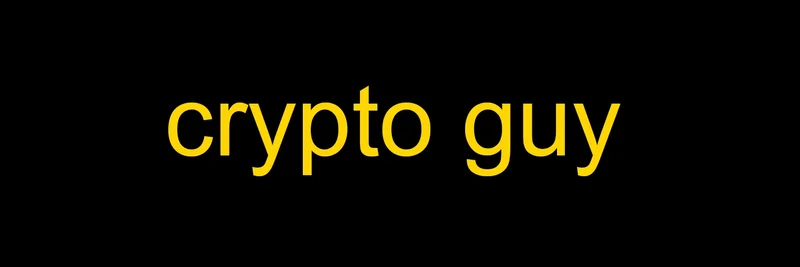In the fast-paced world of blockchain development, especially on Solana where meme tokens are booming, staying vigilant about security is crucial. Recently, a warning surfaced in the Solana community about potential fake NPM packages that could trick developers into using unauthorized code. Let's break down what happened based on a thread from Wilfred Almeida, a backend developer at Triton One.
The alert started with Brian Long, an entrepreneur in the Solana space, pointing out some NPM packages that aren't affiliated with Triton. He noted three key issues: the code is closed-source, making it impossible to review; there's a violation of the AGPL-3.0 license; and the name "yellowstone-grpc" might confuse users into thinking it's the official package. Long mentioned that they've demanded the author remove these packages right away.
Building on that, Wilfred Almeida quoted Long's post and called it another possible NPM security threat for the Solana ecosystem. He emphasized that the package author has no connection to the maintainers of the real yellowstone-grpc project. To help clarify, Wilfred shared links to the official GitHub repository for yellowstone-grpc (github.com/rpcpool/yellowstone-grpc) and the suspicious NPM package (npmjs.com/package/@triton-one/yellowstone-grpc). He also tagged key figures like Anatoly Yakovenko, Solana Devs, and Jacob Creech to spread the word.
For those new to this, NPM (Node Package Manager) is a tool developers use to share and install code libraries in JavaScript projects. Yellowstone-gRPC is an open-source tool for interacting with Solana's blockchain via gRPC, a high-performance remote procedure call framework. It's popular among devs building on Solana, including those creating meme tokens, because it helps with efficient data streaming and queries.
The concern here is typosquatting or name-squatting, where bad actors create packages with similar names to popular ones to deceive users. This could lead to installing malicious code that steals keys, compromises wallets, or disrupts projects— a big no-no in crypto where security is everything.
Fortunately, the story has a quick resolution. Het Dagli, presumably the author in question, responded that the packages have been removed. He explained it was a rushed local publish for fast iteration with no intent to confuse anyone. While that sounds innocent, it underscores why communities like Solana's are quick to call out potential risks.
If you're a meme token creator or Solana dev, always double-check package sources. Stick to official repositories, verify licenses, and use tools like npm audit to scan for vulnerabilities. Incidents like this remind us that in the meme coin space, where hype moves fast, security can't take a back seat.
Stay safe out there, and keep building those viral tokens responsibly!




